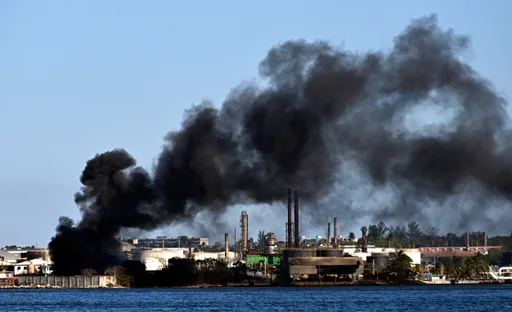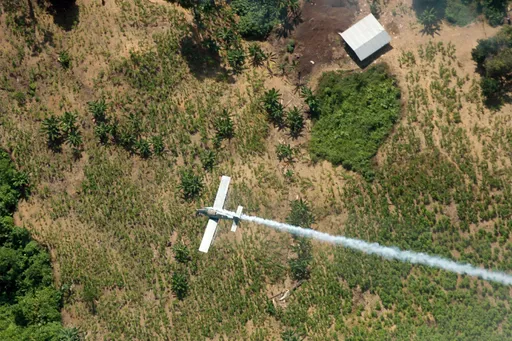Türkiye’s 2023 presidential and parliamentary elections have gained significant attention from international media, with many outlets providing coverage of the campaign and speculating on the potential outcome.
However, several publications have been accused of biased reporting, with critics saying that their coverage has been slanted against the country’s government and President Recep Tayyip Erdogan, seen as attempts to influence the voting behaviour of the Turkish public.
The biased reporting of Türkiye's presidential and parliamentary elections by Western news outlets is a common occurrence during election cycles, according to Türkiye's Parliamentary Foreign Affairs Committee Chairperson and former sports minister, Akif Cagatay Kilic.
"They have a track record of taking sides and do not behave in an objective journalistic manner," says Kilic, who spoke exclusively to TRT World, pointing out that some Western news outlets are attempting to influence the decision of Turkish voters.
The latest issues of The Economist, Le Point, and Der Spiegel have all depicted Recep Tayyip Erdogan on their covers negatively as millions of Turkish voters prepare to cast their votes in the upcoming elections.
The Economist, which has a readership of millions globally, openly called for Erdogan’s removal, which punctures its claims of fair and neutral journalism.
Other publications also accused of biased coverage of the elections include The New York Times, the BBC, Foreign Policy and L'Express.
"Nobody is taking them seriously anymore," says Kilic, pointing out that this type of biased coverage over the years has impacted the journalistic legitimacy of some Western news outlets.
The German-born Turkish statesman also points out that state-run news outlets from Germany which are focusing their reports on the Turkish opposition are trying, like "some other international news outlets,” to influence Turkish voters by selective coverage and “open animosity towards President Erdogan's election campaign.”
"They are trying to interfere with the voting behaviour of the Turkish people," Kilic says.
Despite these attempts, Kilic underlines his belief that biased international news outlets will not influence Turkish people, stating that "Turkish people will show these news outlets that they will decide their own fate at the ballot boxes."
Various voices within the Turkish state and government, as well as civil society, have also called out the biased coverage of the Turkish elections across Western media.
‘Disseminating false information to manipulate public opinion’
Türkiye's Communications Director, Fahrettin Altun, responded to the biased coverage by Western media, calling on them to "respect the principle of impartiality" in their election coverage.
"The media should not try to manipulate public opinion by spreading false information," Altun added.
Türkiye's Foreign Minister, Mevlut Cavusoglu, also criticised the biased coverage of the Türkiye elections.
During a press conference, he said that some countries are trying to manipulate Turkish public opinion through misinformation and urged media organisations to report objectively instead of “making decisions on behalf of the Turkish people, or are trying to advise them.”
"Nobody can usurp the will of the Turkish people," he added.
President Erdogan himself has also weighed in on the issue, stating that "we will not allow our domestic politics to be directed by the covers of magazines that serve as operation tools for global powers, and we will not tolerate any finger-pointing towards our national will."
Meanwhile, analysts have also criticised the Western media's meddling in Turkish politics.
Burhanettin Duran, a Turkish political scholar, suggests “there is absolutely no room for any pro-Erdogan remarks in those publications, which deliberately use terms like danger, challenge and expansionism in their coverage of Türkiye’s growing strategic and diplomatic significance.”
In an op-ed for the SETA Foundation think tank, Kilic Bugra Kanat argued that the Western media's coverage of the Turkish elections is an attempt to interfere in the democratic process.
"Western media should let the ballot speak for itself and refrain from making statements that could potentially affect the results of the elections," he wrote.
Critics said that these publications are attempting to portray the government in a negative light and influence the outcome of the election.
With the election just hours away, it remains to be seen how the international media will cover the event and if they will heed the calls for impartial and accurate reporting.






















